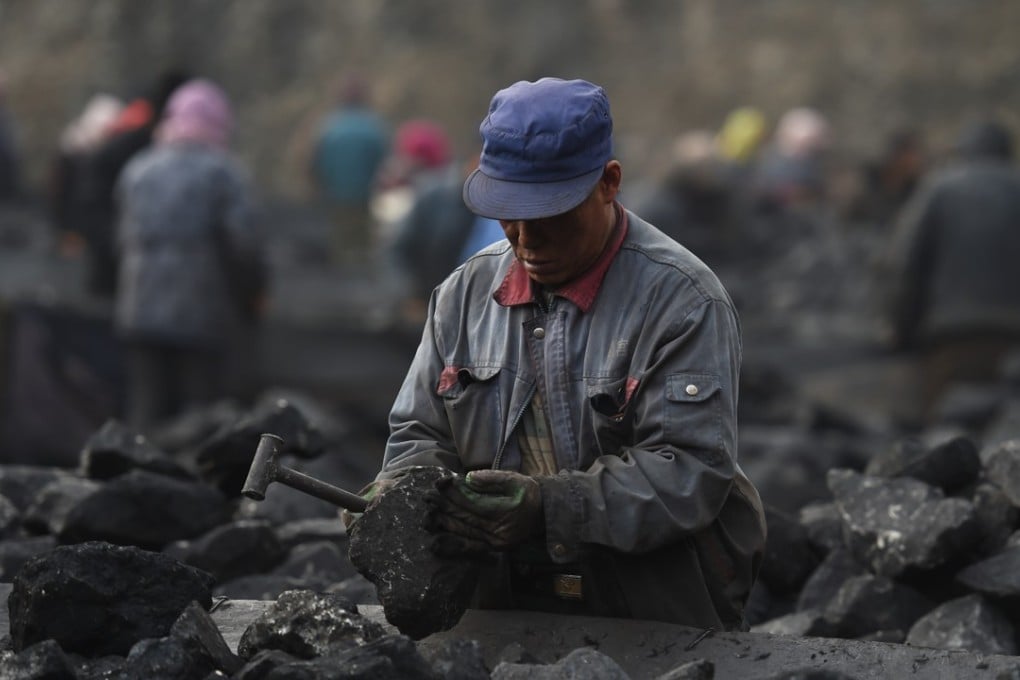China Shenhua shares fall as mining disruption crimps earnings
The company says it expects to see a 3.08 billion yuan cut in 2017 net profit as a result of the disruption

Shares of coal mining giant China Shenhua Energy fell as much as 5 per cent on Friday after it revealed that production on two of its mines have been disrupted due to “land requisition” problems.
The Ha’erwusu mine was suspended from the start of this month, while its Baorixile mine is now only “maintaining minimal production.”
Both are located in the Inner Mongolia autonomous region which accounts for the majority of its output.
“The company has been proactively taking responsive measures … to minimise the impact,” the company said in a filing to Hong Kong’s bourse late on Thursday.
The company’s spokesman declined to elaborate on the circumstances on how the land requisition problems arose. Land requisition in this context referred to use of land for mining purposes.
The company has been proactively taking responsive measures … to minimise the impact
The company expects to see a reduction in net profit of some 3.08 billion yuan (US$458.4 million) for 2017 from the potential production cuts.